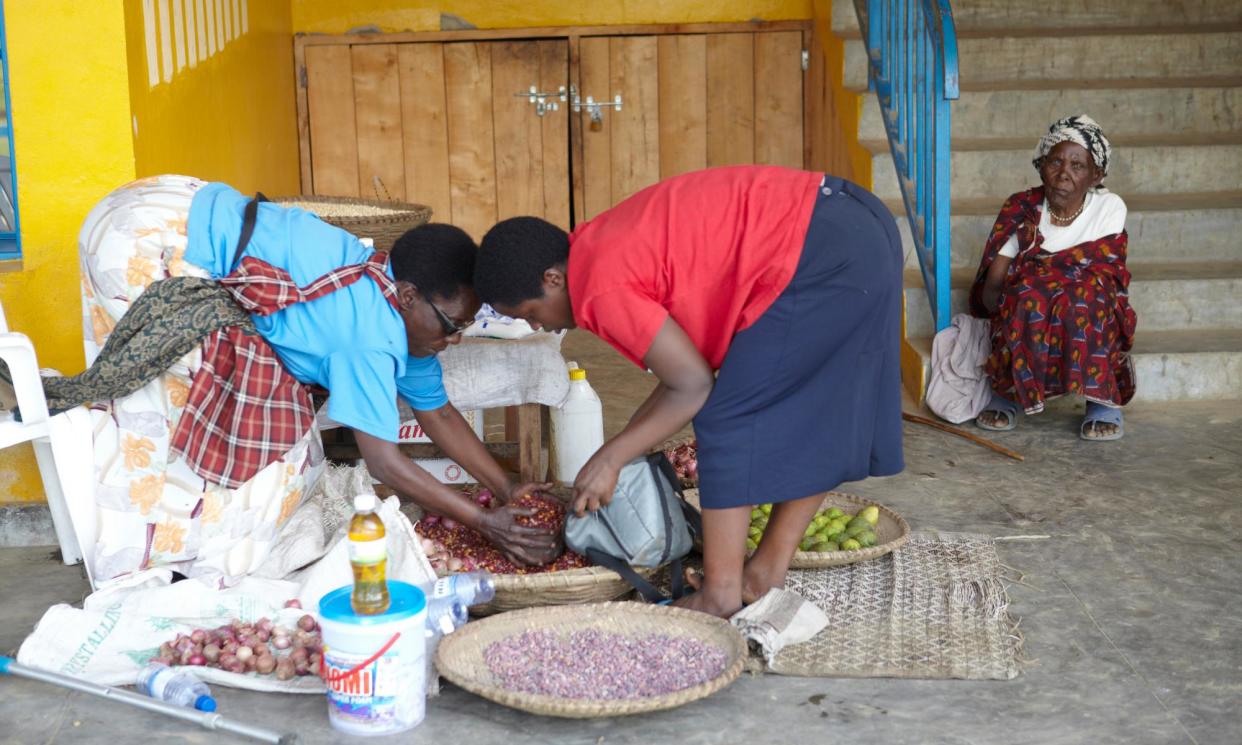Fresh blow for Rwanda deportation plan as report shows extreme poverty and hunger

New fears have arisen about the suitability of Rwanda as a destination to send UK asylum seekers after a damning government assessment about the prevalence of poverty and malnutrition in the country.
The paper, from the Foreign, Commonwealth and Development Office (FCDO), highlights key concerns about the state of Rwanda in a “problem statement”. More than half of the population – 56.5% – live on less than $1.90 a day and FCDO’s analysis finds that poverty reduction has “stagnated” since 2014.
It describes problems in Rwanda’s social protection programme, and how its reach to the population is “considerably below the level of need”. This means the impact on poverty reduction is lower than it could be “and therefore [brings] higher levels of malnutrition, lower levels of human capital development, lower levels of resilience at individual and system level”. Problems with the social protection programme include varying quality of implementation such as poor targeting and weak case management.
The FCDO commissioned research into why there had been a slowdown in poverty reduction in Rwanda and found land scarcity, limited livelihood options and climactic factors such as landslides had led people to reduce the number of meals they eat, buy food on credit and take their children out of school.
“Growth is not trickling down and leading to poverty reduction. More needs to be done … to establish sustainable livelihoods and effective pathways out of poverty,” the report states.
The Home Office has said it hopes to get the first asylum seekers on a flight in a matter of weeks to launch its controversial scheme to process some UK asylum claims there.
While the UK is a wealthy country, with its economy ranked the sixth largest in the world, Rwanda is ranked the 23rd poorest country in the world. In the year ending December 2023, asylum applications in the UK decreased by 17% to 67,337, with other European countries such as France and Germany receiving many more asylum applicants than Britain.
Michela Wrong, the author of Do Not Disturb, a critical assessment of Rwanda under the rule of the current president, Paul Kagame, said: “The bottom line is Rwanda is an incredibly poor country and it has a real problem with malnutrition. Rwanda has always been a bizarre choice to send asylum seekers to, given its poverty. It doesn’t have enough land to go round and many are engaged in subsistence farming.”
The document is part of a framework agreement to monitor a £64.5m grant of aid from the UK to Rwanda between 2019 and 2026, which includes £18.5m from the Swedish Development Agency. The monitoring contract to assess progress in the aid deal runs from 1 July 2023 until 31 March 2026.
The legal challenges against the government’s plan to send some asylum seekers to Rwanda, which was found by the supreme court to be unlawful, focused on concerns about its human rights record and lack of infrastructure to process a large number of individual asylum claims along with the risk of refoulement – forced return to a country where an asylum seeker’s life could be in danger.
But the impact of extreme poverty and malnutrition in Rwanda on arriving asylum seekers is seen as a significant concern. Earlier this month the National Audit Office found the Rwanda scheme would cost £1.8m for each of the first 300 asylum seekers sent there. It is not known how much of this will be spent on providing food and economic opportunities for asylum seekers.
Toufique Hossain, of Duncan Lewis solicitors, part of the legal team challenging the government’s Rwanda plan in domestic courts and the European court of human rights, said: “In Rwanda 56.5% of people are living below the international poverty line. The UK government’s obsession with the Rwanda scheme has wasted hundreds of millions of pounds of British taxpayers’ money.
“The government wants to transport vulnerable people, who have fled war and persecution, to endure more suffering in a country the UK accepts to be struggling with malnutrition and abject poverty, in circumstances where the UK’s supreme court has declared the country unsafe for those people. The plan is both morally and legally bankrupt.”
A government spokesperson said:“Rwanda is a suitable and safe country to relocate and support those who have no right to remain in the UK. Under our partnership we have invested £220m into Rwanda to boost economic growth. This funding has been focused in areas such as education, agriculture and healthcare to benefit both migrant and host communities.”

 Yahoo News
Yahoo News 
